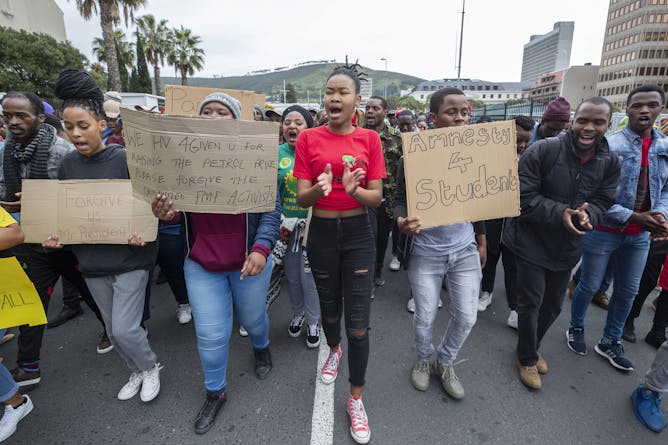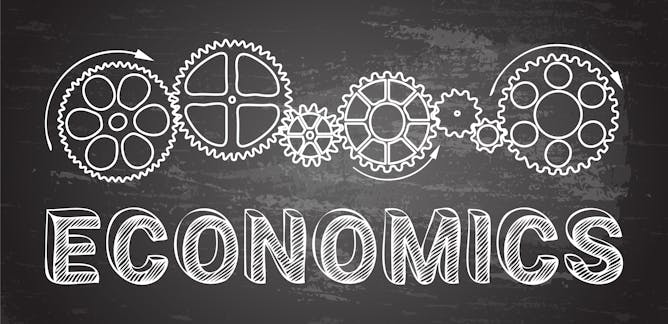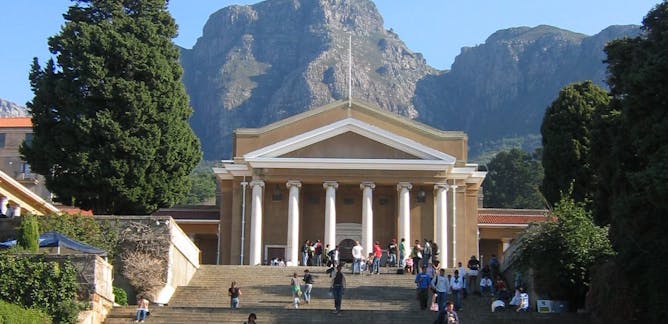|
As a range of countries on the continent gear up for the start of the academic year, we take a look at a range of issues facing the higher education sector. These include the question of who can access universities, how universities can survive, the high cost of tuition fees, what kind of leaders are needed and the academic readiness of first-year students.
The issue of leadership is top of mind at many higher education institutions in South Africa following a raft of new appointments. These men and women have taken up the top job during a turbulent period. What skills do they need to be successful? Veteran educationist and former vice-chancellor Jonathan Jansen maps out what criteria they must meet, and provides pointers on what they should focus on.
The issue of students not being able to manage the transition from high school to university is universal. Senior lecturer Lynn Coleman explains how academic support in the form of extended curriculum programmes is helping keep many capable students from dropping out.
And higher education reform expert and professor Teboho Moja explains how public-private partnerships in the continent’s higher education systems needs to change. Instead of simply focusing on infrastructure and the provision of education, a new “currency” should be placed at the heart of the arrangements: knowledge.
|

South African students protest outside Parliament in support of students convicted over the #FeesMustFall protests.
EPA-EFE
Jonathan Jansen, Stellenbosch University
Certain criteria are needed to lead a university but additional knowledge is also useful.
|

Lecturers in extended curriculum programmes make students the centre of their teaching practice.
Shutterstock
Lynn Coleman, Cape Peninsula University of Technology
Without the support of extended curriculum programmes at universities, many students would face academic exclusion.
|
Big issues
|

Kenneth Creamer, University of the Witwatersrand
Universities should begin the process of updating and modernising their undergraduate economics curricula.
| |

Peter D. McDonald, University of Oxford
A decolonising curriculum would consider ways in which writers negotiate linguistic, literary and cultural legacies of the colonial era.
|

Teboho Moja, New York University
In Africa's education sector, public-private partnerships have been largely limited to infrastructure developments and the provision of education.
| |

Carla Lever, University of Cape Town
Sarah Baartman’s name can be elevated to the highest point of the University of Cape Town’s campus, but if her legacy isn’t built into each classroom and interaction the honour is hollow.
|
|
|